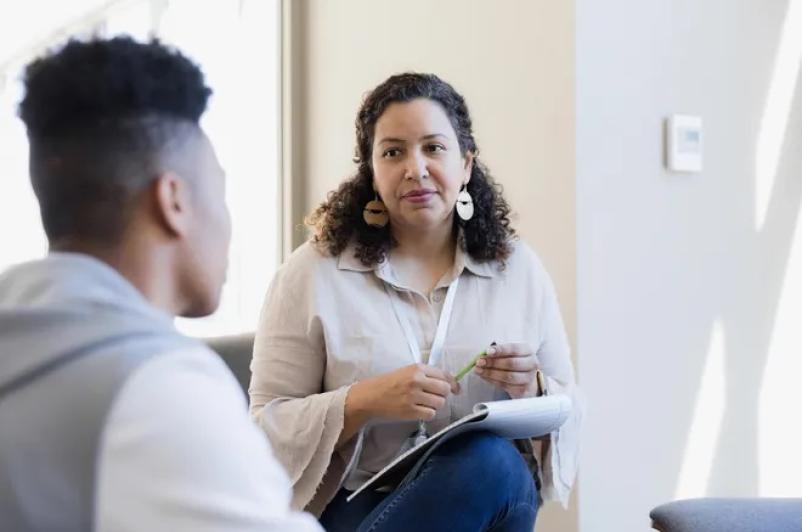

Prevention of overdose is theme of Aug. 31 observance
August 31, 2022
International Overdose Awareness Day is Wednesday, August 31, and is the world’s largest annual campaign to end drug overdose and remember those who have died.
Organizers are committed to raising awareness without stigma and to acknowledging the grief of the family and friends left behind.
The campaign focuses on overdose, currently one of the world’s worst public health crises, and stimulates action and discussion about evidence-based overdose prevention and drug policy.
Drug overdose is now the Number 1 cause of unintentional death in the United States. In 2020, a total of 83,558 people died from drug overdoses, an all-time high. The main driver of these deaths is opioids–including prescription opioids, heroin, and fentanyl and its analogues.
People who take prescribed opioids, even as directed, may build up a tolerance. When pain has subsided, some people find it easy to stop taking them and others find it harder to quit.
Some people who find it harder may continue to take opioids for longer than necessary or may develop an opioid use disorder. Over 50 percent of people who have misused prescription opioids reported getting them from friends or relatives. Most people don't even know that sharing opioids is a felony.
There are some steps you can take to help keep your loved ones alive in the battle against opioid addiction:
- Talk to children about not taking prescription drugs that weren't prescribed
- Learn about safe storage and safe disposal of medications
- Find out how much good can come from a coordinated effort
- Learn what legal measures are being taken to address drug overdose
- Learn why ibuprofen and acetaminophen, when taken together, form one of the strongest oral treatments for pain, but how opioids actually delay recovery from injury and surgery.
To help reduce the number of opioid overdoses in our community, the UHS Addiction Medicine Department provides opioid prevention training and linkage to naloxone (Narcan®) over the telephone. Anyone can access this free service by calling 607-762-2622, Monday through Friday, from 9 a.m. to 3 p.m. You can learn more by clicking here.
What’s more, UHS offers overdose prevention training to groups and organizations in the community. To schedule training, call 607-762-2172.
The training will teach you:
- How to respond to an opioid overdose
- How to report naloxone (Narcan®) use and get a refill through the UHS program
- The location of pharmacies that provide naloxone (Narcan®) without a prescription
- How to contact the Naloxone Co-Payment Assistance Program (N-CAP)
- The content of the New York State’s 911 Good Samaritan Law
- Information about the Southern Tier AIDS Program’s syringe exchange and opioid overdose prevention programs
- How to build a safety plan
In addition, the New York State Department of Health, Prevent & Protect, and the Harm Reduction Coalition, have a number of opioid overdose prevention resources available to the public.

